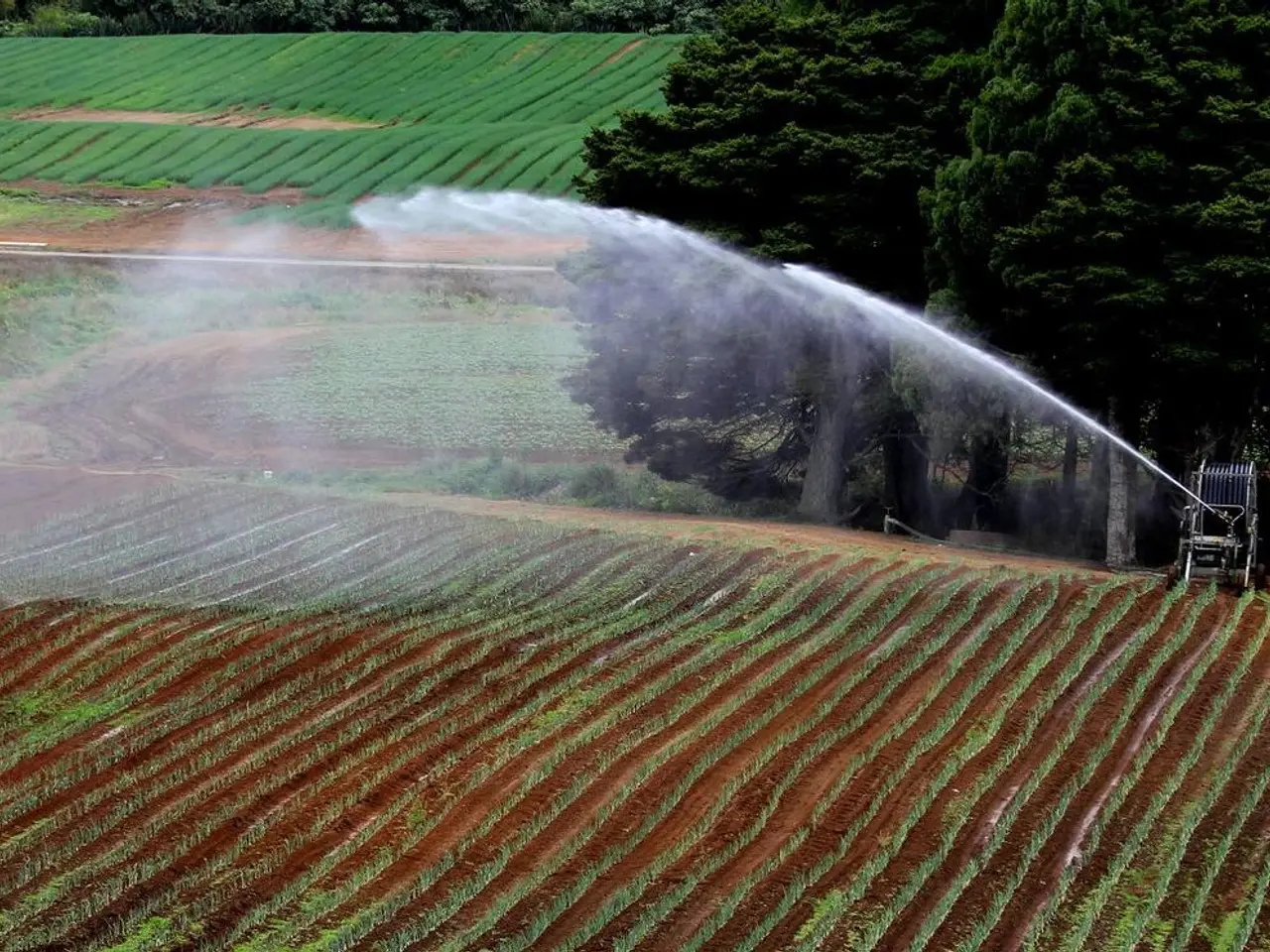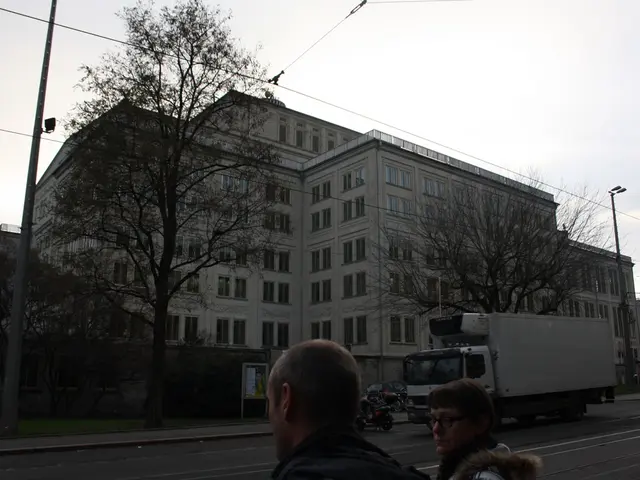Gates Foundation Pledges $1.4B to Boost African, Asian Farmers' Climate Resilience
The Bill & Melinda Gates Foundation has pledged a significant $1.4 billion to support smallholder farmers in sub-Saharan Africa and South Asia. This commitment, announced at COP27, aims to bolster these farmers' resilience and food security in the face of immediate and long-term climate change impacts.
Historically, climate change has disproportionately affected countries with fewer resources, which have contributed the least to global emissions. The Gates Foundation recognises this disparity and is investing in CGIAR, aiming to double its budget by 2030. CGIAR plays a crucial role in helping small-scale farms adapt to climate change through agricultural research, digital tools, and social safety nets.
The foundation is funding partnerships that include supporting African-led efforts to develop native forage grasses, providing climate-smart agriculture information via text messages, and supporting African researchers and scientists in generating tailored evidence for national policies. Women farmers, who are often more vulnerable to climate impacts, will also benefit from these initiatives.
Even if greenhouse gas emissions are reduced to net zero by 2050, the impacts of climate change will still be felt for decades. This includes irregular rains and droughts that significantly affect smallholder, African farmers. Currently, less than 2% of climate finance is directed to small-scale farmers, with only a small portion of that for adaptation. The Gates Foundation's investment seeks to address this gap and build a sustainable global food system.
The Bill & Melinda Gates Foundation's $1.4 billion commitment will support smallholder farmers in sub-Saharan Africa and South Asia in adapting to climate change. This investment recognises the disproportionate impact of climate change on these regions and aims to build resilience and food security. By supporting CGIAR and various partnerships, the foundation is working towards a more sustainable global food system that benefits those most affected by climate change.
Read also:
- Inherent Skills Know No Bounds, Yet Access to Employment Remains Unequal: Suggestions for a More Equitable Job Market of the Future
- Exploring Physical Recovery after the Overturning of Roe v. Wade Decision
- Top CDC Official Debra Houry Issues Warnings Regarding RFK Jr.'s Proposed Alterations
- "Understanding Fodder: Explore 6 Variations to Test"








